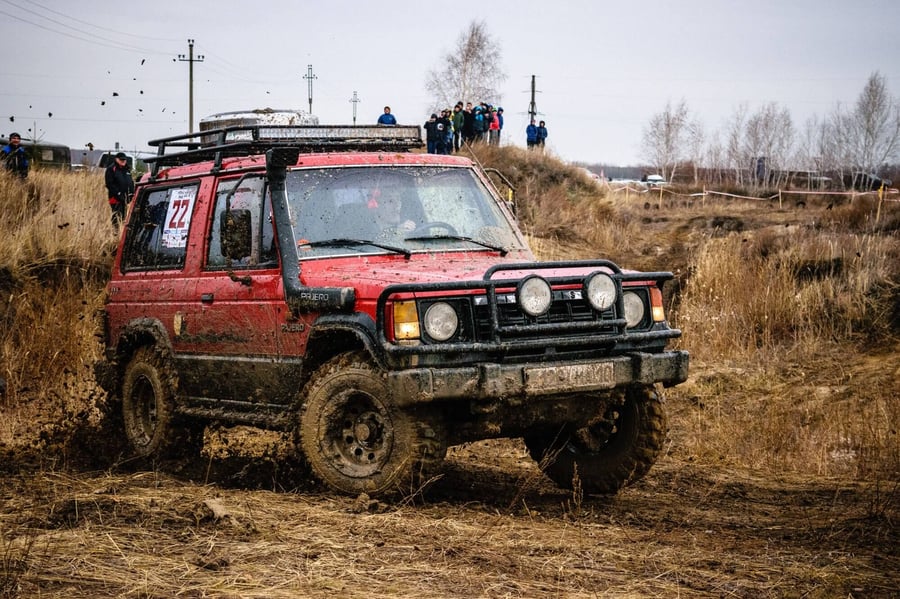
Choosing Off Road Wheels For Your Truck
According to new research by Global Market Insights, Inc. the off-roading vehicle industry is suspected to reach a value of $28 billion by the year 2024.
Different initiatives and better technology are believed to begin increasing demand for these types of vehicles over time.
Better technology such as low carbon emissions, improved fuel efficiency, lower maintenance costs, and electric powered alternatives, make these vehicles attractive to a growing audience.
A great foundation for any off-roading vehicle begins with the wheels. How do you know which off-road wheels are the perfect fit for your vehicle?
Choosing Off-Road Wheels for Your Vehicle
Choosing off-road wheels for your vehicle may seem like a confusing process if you don’t know where to begin. The off-road wheels that you choose will affect the performance of your vehicle off-road.
This means that it’s important to make sure you choose the right ones. Here are 5 things to consider before making your final decision.
1. Consider the Location of Where You Are Driving
Putting new wheels on any vehicle is an investment. To make the right decision on which off-road wheels to put on your truck, consider where you are going to be driving the most.
Will you be driving both on and off the road? When you drive off-road, what kind of terrain will you be driving in? Mud? Rocks? Sand? The answer to these questions will help you determine which material will be best to choose.
Some materials are more susceptible to denting or cracking.
2. Do You Have a Stock or Lifted Frame?
As you know, a stock vehicle cannot accommodate larger wheels, as there isn’t adequate clearance. A lifted vehicle frame will need larger wheels to support the change in gravity after the lift.
Depending on how high the frame of your vehicle has been lifted will determine which size of wheel you will need.
3. Consider Wheel Diameter
The diameter of the wheel describes how “big” or “small” a wheel is. Your wheel diameter directly affects your vehicle’s braking, handling, acceleration and transmission gearing.
Remember that going bigger may not always be the best choice for an off-roading vehicle. Large wheels may cause the wheel to rub against your vehicle while turning.
Fitting the wheel over the brakes is another important thing to take into consideration with wheel diameter. However, this is usually only a concern when opting for a wheel that is smaller-than-stock.
4. Consider Wheel Width
The width of your off-road wheel is another important measurement to take into consideration. Your wheels width is made up of its front spacing and backspacing.
A wheel’s front spacing is the distance from the center line to the outer edge of the wheel well. The backspacing is the distance from the center line to the inner edge of the wheel well.
Choosing a wheel (and tire) that is wider will provide more traction while on uneven terrain. However, choosing a wheel that is too wide will increase the chances of it rubbing against your vehicle.
Equip Your Off-Road Vehicle Today!
Still not sure which off-road wheels are best for your vehicle? Let us help you choose which wheels will be the best fit for your budget and vehicle. Contact us today!
